News, broken this week, by The Grocer that the British Egg Industry Council had lodged a trademark application for the slogan “made with British Lion eggs”, could well prove to be a masterstroke by the industry body.
While almost 90% of whole eggs sold in the UK carry the Lion Quality Mark – stamped onto eggs by producers who are signed up to the BEIC’s code of practice – no such scheme exists for products which use eggs as ingredients.
The code, which is currently in the process of being updated by the BEIC, requires participating egg producers to vaccinate all laying hens against Salmonella Enteritidis, and as a result of its introduction in 1998, (and the work done since to sign up producers and retailers) the bacteria has effectively been eradicated in UK laid eggs.
With an 80% consumer recall of the brand, it’ been an unqualified success, while the BEIC has been lauded by the European Food Safety Authority for elevating the status of UK production among the safest in the world.
This is in stark contrast to when tales of Salmonella outbreaks were commonplace in the late 80’s and early 90’s, and former health minister Edwina Currie’s outrage-prompting gaffe in 1988, when she said most of Britain’s egg production was infected with the bacteria.
But while the provenance of the eggs in our fridges can now be accounted for, the same cannot be said for many of the products we buy which contain eggs.
Of course, many of the producers which have signed up to the BEIC’s code also supply eggs in their varied forms to food manufacturers, but unlike with whole eggs, these manufacturers don’t have to disclose where their eggs came from.
The BEIC has long lobbied the European Commission for the introduction of mandatory country-of-origin labelling on egg products across the EU, and has been the first to lay the blame of recent Salmonella outbreaks on imported eggs, so the lodging of its new trademark, which contains the “made with British Lion eggs” slogan and British Lion logo within an egg-shaped Union flag, could well be a sensible move.
It remains tight-lipped on its plans for the new trademark, and this would potentially be a voluntary scheme if it was launched, but it could offer consumers reassurance that the eggs in their quiches, cakes or sarnies are equally as safe as the ones that are scrambled.
And given the success of programmes such as Bake Off it could also be a valuable marketing tool for food manufacturers as they seek to beef up their provenance claims, making it a win-win situation for consumers, suppliers and retailers.







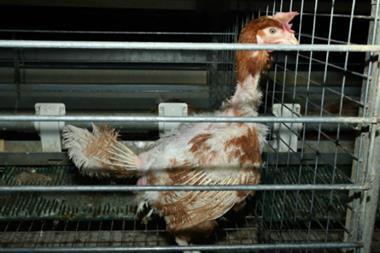
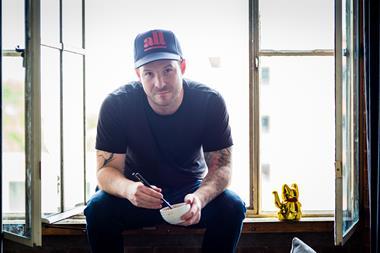
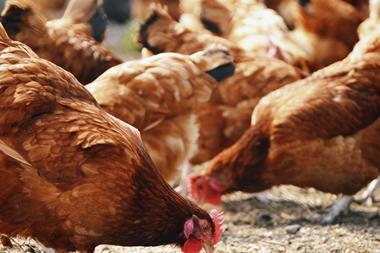
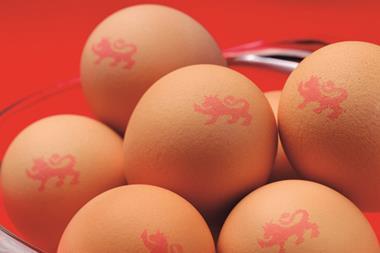
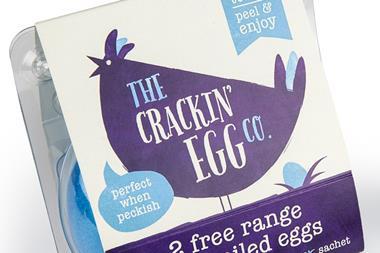
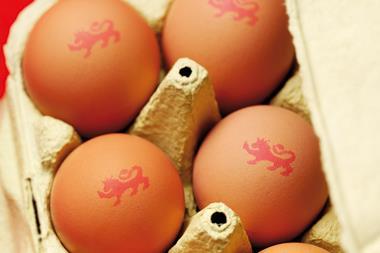






No comments yet